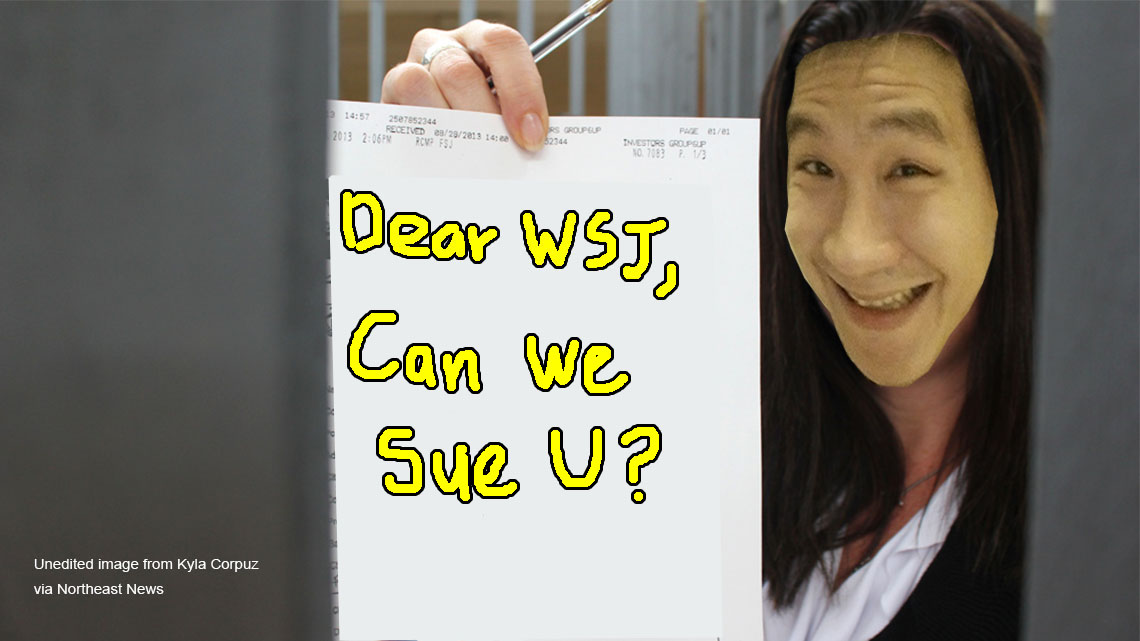This Malaysian-made game looks AMAZING… but some UK “company” stole their game?!

- 3.1KShares
- Facebook3.0K
- Twitter8
- LinkedIn22
- Email12
- WhatsApp47
A while back, one of our writers sent a link to a video game to our group chat. Not only does the game, Eximius: Seize the Frontline look stunning, it has a really cool concept as well, combining RTS (Real time Strategy) with FPS (First Person Shooter) into a hybrid battlefield that’s actually developing a cult following on Steam.
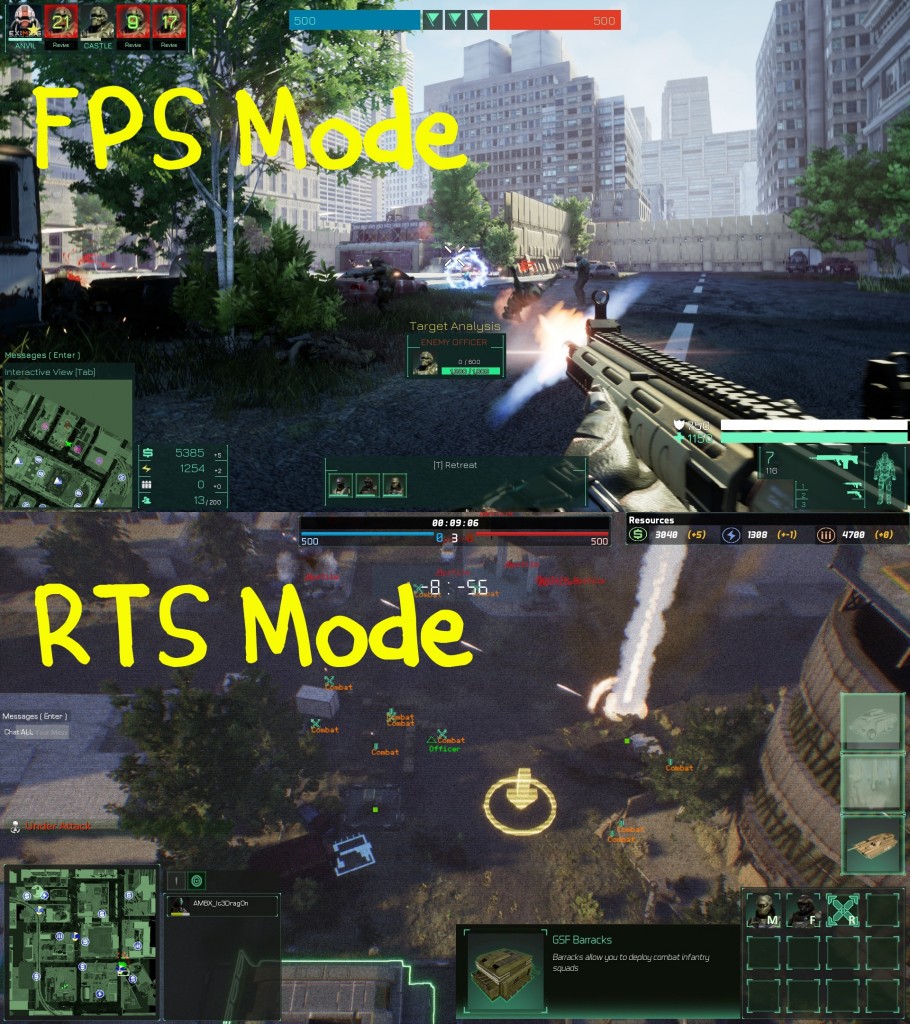
What’s even more amazing was that it was developed by some Malaysians working on and off over many years who didn’t even start working full time until last year, so we knew we had to get in touch with Ammobox Studios and their CEO and co-founder Jeremy Choo for more details. That’s when we found out that the past few months have been horrible for Ammobox:
“It’s pretty shitty… We had to DMCA our own game, which basically took down the game. [The DMCA] does not allow us to retake our IP (Intellectual Property). Because of a clause in the contract, we can’t disclose the details, but we lost over six months of operating costs.” – Jeremy Choo
Although the game has earned a fair amount of praise online, most people are familiar with the game as the case of developers having to file a copyright claim or DMCA against their own game. But before we get to that, we want to talk about the early years of getting the project running. See, the team is cautiously optimistic now, but when it started, it was pure optimism in the face of many challenges.
The game has been in the making for ten years
Jeremy has always been a tinkerer. In Form 2, he played around modding games, even trying to sell a Gundam-like mod for Starcraft to his local cybercafe.
“I had my own version of a Starcraft mod. It was only later that I found [everyone in the cybercafe] pirated the games.” – Jeremy Choo
EDIT: We earlier mistakenly wrote that Jeremy had written the Gundam mod for Starcraft. We have since clarified with him that the mod he made was a similar one, not the Gundam mod itself.
Throughout his schooling days, he would self-learn 3D modelling and modding, working on mods of the dark shooter Heretic and the RTS classic Warcraft III (remember, DOTA started as a Warcraft III mod!). After graduating, he worked as a freelancer doing modeling work (3D modeling, not like, the fashion kind k) until some time in 2008 when an idea came to him: why not combine his love two favourite genres into one. And so Project Combine was born.
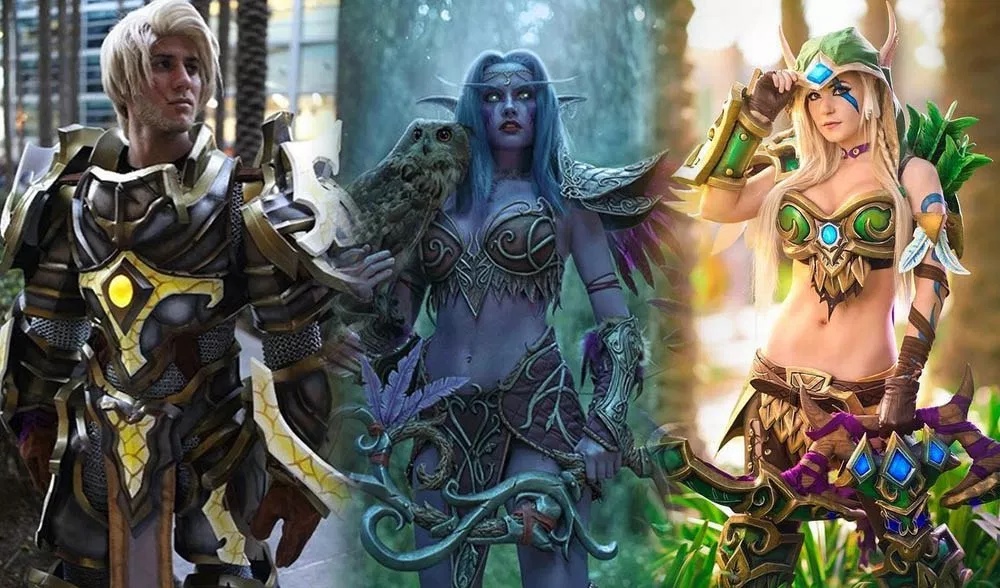
In 2009, opportunity came in the form of the MDEC technopreneur pre_seed fund, a government tech fund. Jeremy submitted his idea for Project Combine which was quickly approved, beginning his first original IP. He worked on the game during his spare time together with local artist Shaikh Zhafri. They also approached US-based Christian Salge through DeviantArt, who would work remotely on most of the game’s concepts. By 2010, they had completed a prototype of the game. Here’s some early game-play footage they hesitantly shared with us.
One thing quickly became clear: the scope of the game was huge, meaning development will take quite awhile. In the meantime, Jeremy started work as a games development lecturer.
“Many people said we were too ambitious, that this game will never be released, as such a scale of project is not possible with an ‘indie garage’ style of team, especially back in 2010/2011. But we knew our capability.” – Jeremy Choo
In 2013/2014 the team tried the mobile market doing some small client work. They also debuted Agent RX, a puzzle/platform game for mobile devices which gathered quite a bit of attention from the media at the time. TechInAsia called the game “sexy as hell”.
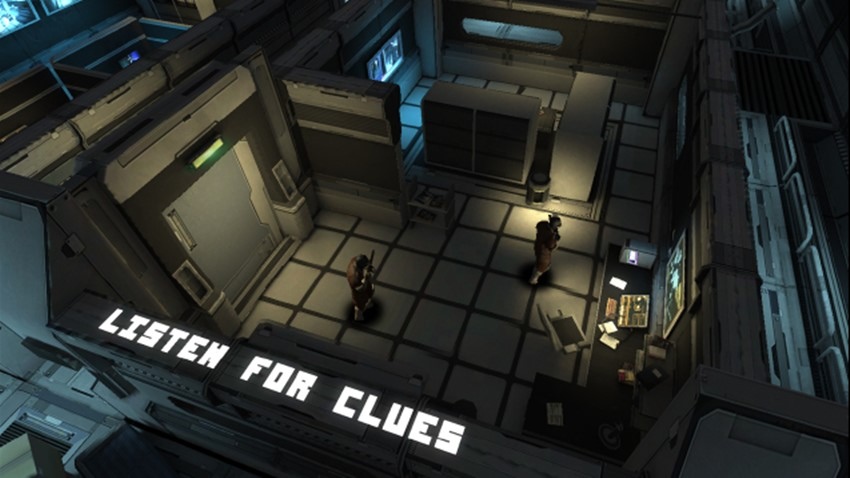
That said, the game itself wasn’t very successful financially despite its popularity, prompting the team to turn their attention back towards PC (PC=Project Combine? But mainly Personal Computers).
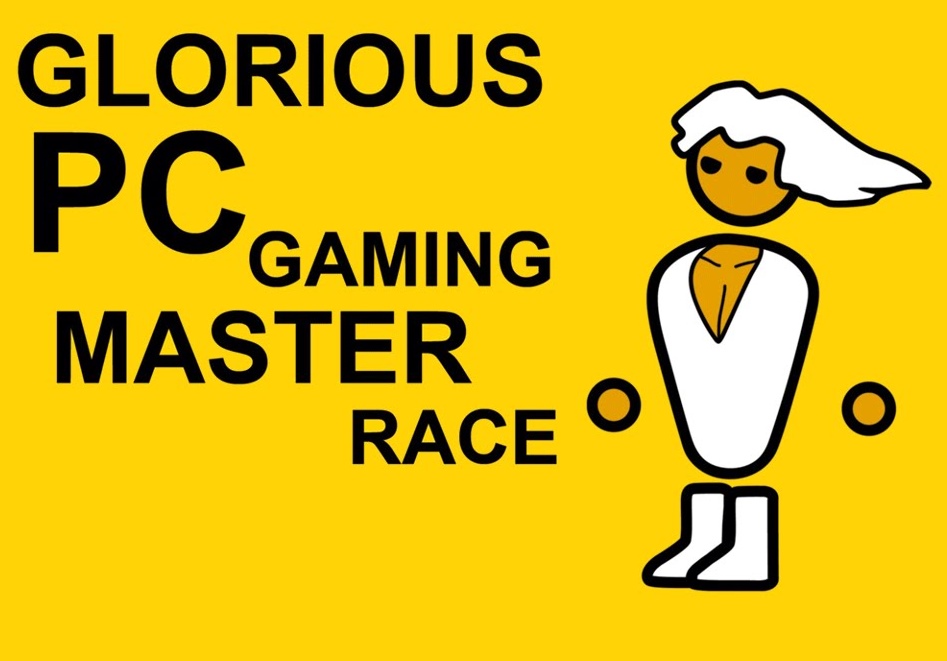
In 2015, they decided to name the game, dropping the ‘Project Combine’ placeholder.
“The name [Eximius] has stuck for quite a long time. I recall one [possible name] was Combat Encounter but the trademark person told us it could sound like Command and Conquer, tho it’s spelled nothing like it.” – Jeremy Choo
And so they settled on Eximius, Latin for extraordinary. With a new name and newfound enthusiasm, development of the game progressed steadily. The first playable build of Eximius was released in 2016 which they entered into Steam’s Greenlight program (a way for indie developers to get support for a game and access Steam’s vast user base). Interest in the project grew, and the team as a whole breathed a sigh of relief when the game made it through.
As 2017 came, the team secured additional funding at GameFounders. With the additional funding, the team were able to meet each other physically for the first time at GDC 2017 in California (Games Developers Conference 2017). Eximius also became a finalist in Indie Prize 2017 USA. As 2017 ended, Jeremy expanded the team, hiring some of his former students.
“*Laughs* More than 50% of my team are my ex-students. That might be weird, but look, Malaysia lacks the talent for game development. What better way to acquire by training a group of it myself.” – Jeremy Choo
By 2018, Jeremy quit his teaching job to devote his attention to the game and the team made progress polishing the game. 9 years had passed: the team had grown from just 3 people working in their spare time to a fully fledged team of 10 full time developers. And they were almost ready to publish.
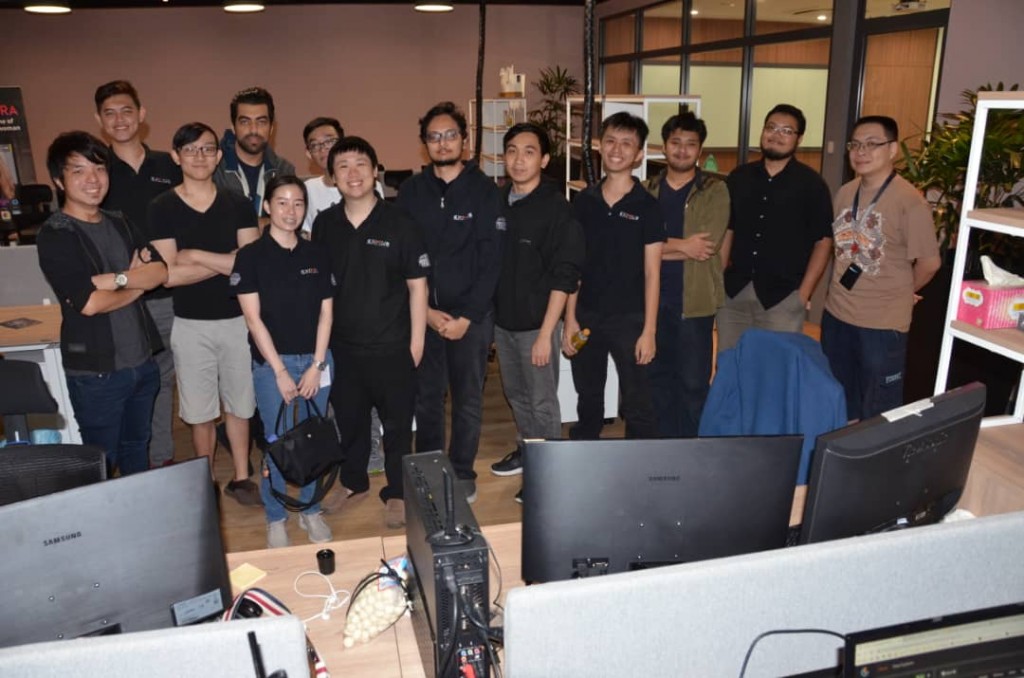
The game finally launches, and gets stolen on Steam
The first sign of trouble began when one of their big investors pulled out in mid 2018. Realizing the need for marketing, Jeremy reached out to various big publishers to get the game released properly.
“We [were] turned down by many big publishers mainly because we’re a new team. It didn’t matter if we execute or what we made, it just mattered that we aren’t already a proven team. It was frankly [frustrating] that this is how the world is run. Perhaps you could call it an emotional weakness. We rooted for the underdog because we are one of similar nature.” – Jeremy Choo in an interview with Gamesradar.
That underdog turned out to be TheGameWall Studios, a Cambridge-based UK indie publisher, whose previous set of games didn’t do too well.
“We knew there might be a performance based risk, so we negotiated a performance based exit clause.” – Jeremy Choo
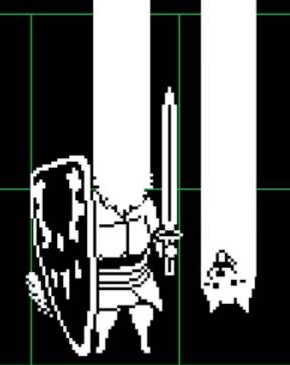
One thing to note about Jeremy, he considers himself quite the paranoid person, so he had a contract lawyer look through their agreements, and everything seemed fine so they signed the papers. However, Jeremy started noticing some things off about the publisher. For one, TheGameWall Studios appeared to be a one-man operation of Eduardo Monteiro. Several of the marketing campaigns Eduardo promised were also never launched. Jeremy and his team ended up having to do the marketing by themselves anyway.

Since there wasn’t much they could do, they launched the game on the 28th of September, 2018. Eduardo promptly delayed all payment of the game’s sales.
“We paid for all development updates, servers, and support services with our last dollar while [the] publisher continue to give excuses for further delays,” – Ammobox Studios, in an interview with GamesIndustry
By October, he had run out of excuses and simply “disappeared completely” in November 2018. And still no one at Ammobox saw a single cent of the games sales because Eduardo had full access to the game on Steam, the HumbleBundle store and several smaller online retailers, and the sales from the game were funneled directly into Eduardo’s accounts.
Funnily enough, Eduardo forgot to hide the number of sales coming in, so the team back here could literally see all the money they weren’t getting. They contemplated going public with the story, but fears of Eduardo actually paying them then suing them for defamation held them back. Btw, Steam is quite famous for their massive sales events, so the team had no choice but to watch as the Halloween Sales and the Winter Sales revenues flew by.
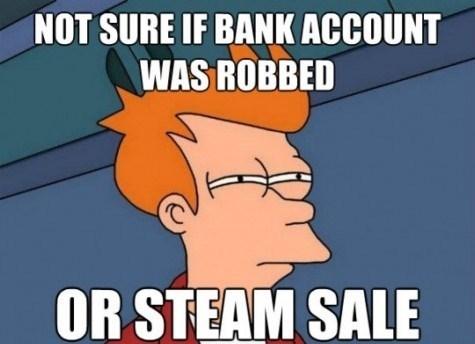
“At this point we were faced with 2 choices. One option; to power through and continue to get into debt while keeping the team and game alive. The other option; was to be financially conservative. Cut losses, shutdown the servers, burn the team and save whatever money we had for legal action. One choice risks my personal credit, while the other doomed the team, and the game.” – Jeremy Choo on Gamasutra
Obviously Jeremy wasn’t going to let his game die, so they stuck with the first option. But as Christmas came and the scheduled Christmas launch bonuses had to be cancelled, Jeremy decided that enough was enough.
Fighting back – the story picks up steam, and Steam responds
They knew they had to take drastic action. Jeremy, ever the paranoid one, had drafted two emergency plans: the “scorched Earth” aka the if we can’t have it neither can you option, and the “nuclear” option.

They started their first plan: Jeremy filed a DMCA notice on their own game on Steam. For those of you unaware, a DMCA or Copyright Strike meant that as long as you could prove ownership of the content, you could have it removed if someone else publishes it. Jeremy did this by submitting documentation and code to Steam. By the 9th of January, the DMCA had taken affect and the game’s Steam store page was taken down. The team also explained in a community post that those who bought the game prior to this could still play, the takedown only affected the game’s store page. They also posted an AMA (ask me anything) on Reddit’s /r/GameDev forum which quickly gathered attention.
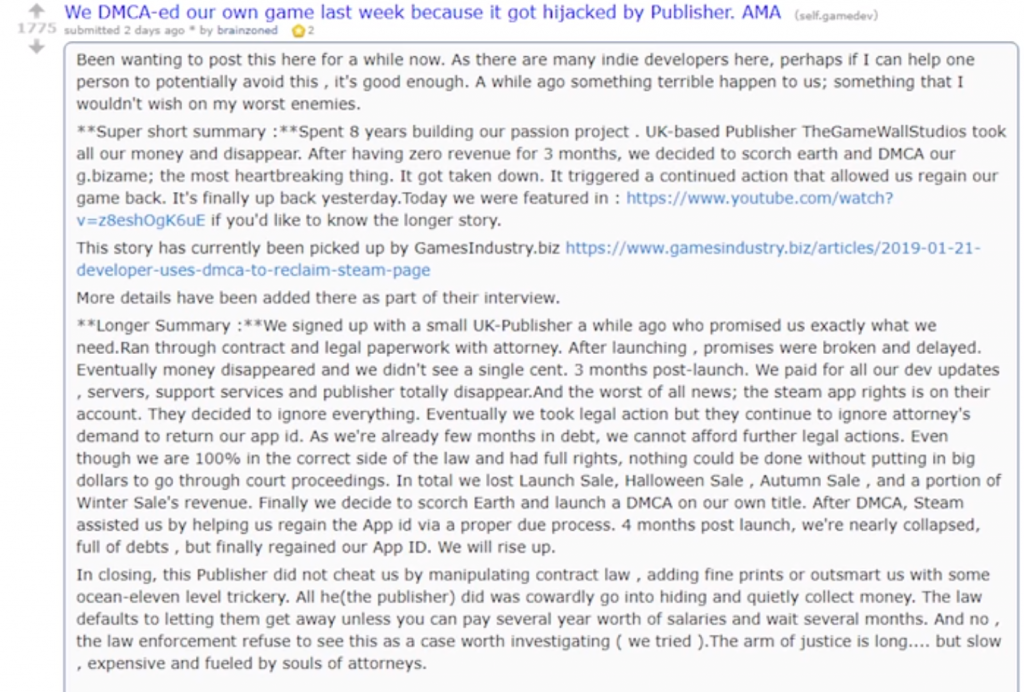
Jeremy also spoke to various games news outlets and influencers, with Youtuber SidAlpha being the first to take notice. Shortly after, Youtubers YongYea and JimSterling released their own takes on the story. Gamesradar also published a detailed account of the events, followed suit by various other games content news outlets, including Malaysia’s Kakuchopurei. Along the way, people also discovered that Eximius was not the first case, TheGameWall Studios had also similarly scammed the developers of another game, Slinki, who chimed in during the AMA, giving an eerily similar account of TheGameWall and their antics.
Valve, the company operating Steam, decided to step in big time. They revoked TheGameWall Studio’s access to all their games on Steam and returned Ammobox Studios as the sole developer and publisher of Eximius. As the ashes started to clear, the victory turned out to be a hollow one, however, they had lost over 50 thousand USD in gross sales to the scammer. But they were just happy to get their game back.
“We want to just move on since the likelihood to recover any funds is very small, [we] want to name him, shame him [and] file a money claim.” – Jeremy Choo
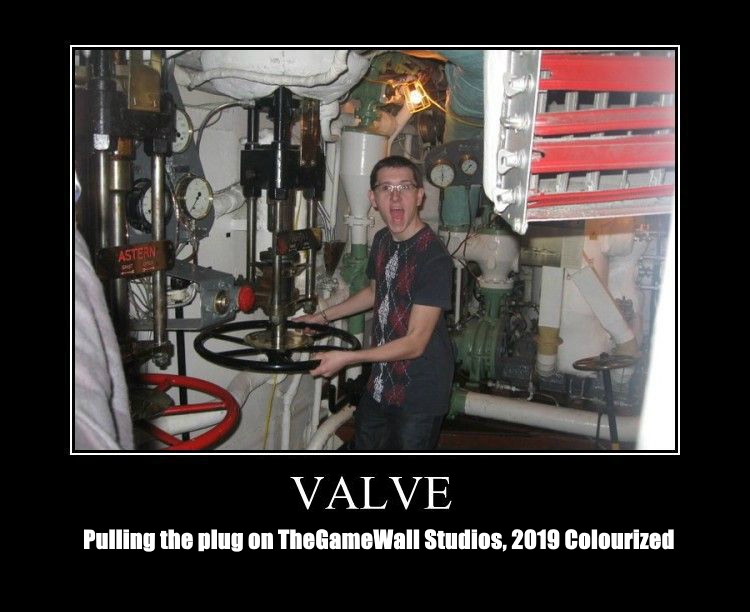
Never give up never surrender
The gaming community expressed interest in supporting the cause, so they’ve since considered legal action. Jeremy stresses that they weren’t outsmarted legally, the scammer just took the money and left.
“It is fully understandable that if we walk into this mess without legal homework done, it would have been a different lesson. But this was a different lesson altogether. We did not expect a Publisher to blatantly just disappear while holding all our money. Having no funds at all to work with also means we’re in a position with no legal recourse.” – Jeremy Choo on Gamasutra
We’re talking about a Malaysian developer invoking US law to pursue a Brazilian/Portuguese man with a British company, whatever legal process they go through would be a long and expensive one. As such, they created a GoFundMe page with a 25k USD goal. That said, Ammobox did everything by the books, so the law should be on their side.
“It’s an open and shut case. We can’t let this happen anymore [and] we wouldn’t wish this on even our worst enemies”. – Jeremy Choo
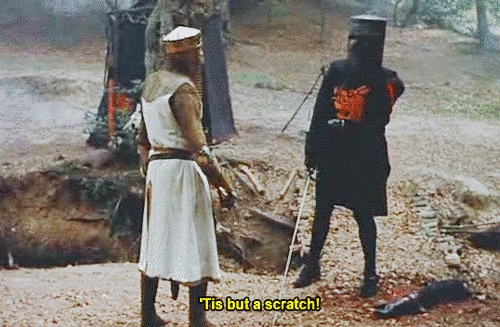
If you’re interested in giving these guys a hand (see above) or if the idea of an FPS/RTS hybrid interests you even just a little, do check out their game ‘Eximius: Seize the Frontline’ as well. The game is still in early access, but the developers listen to the community and are super passionate about their game. Really, throughout our conversation with Jeremy, he was super upbeat and excited to talk to us about it.
“It’s not over.. We will be back. Stronger.” – Jeremy Choo
Cilisos has reached out to TheGameWall Studios and Eduardo Monteiro for comment.
- 3.1KShares
- Facebook3.0K
- Twitter8
- LinkedIn22
- Email12
- WhatsApp47


